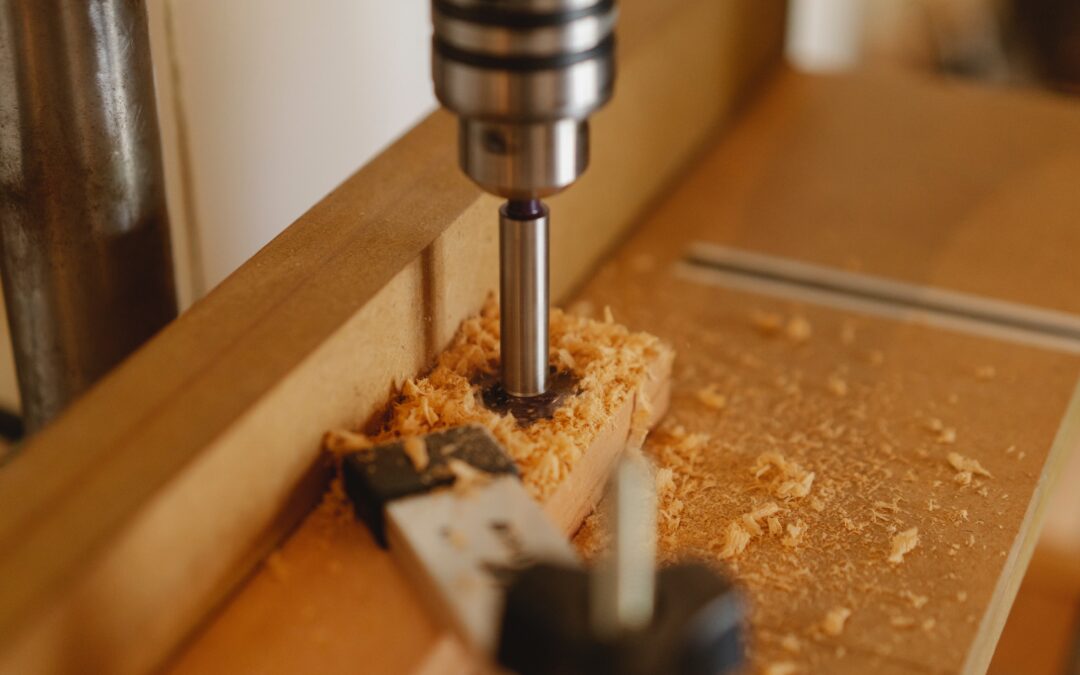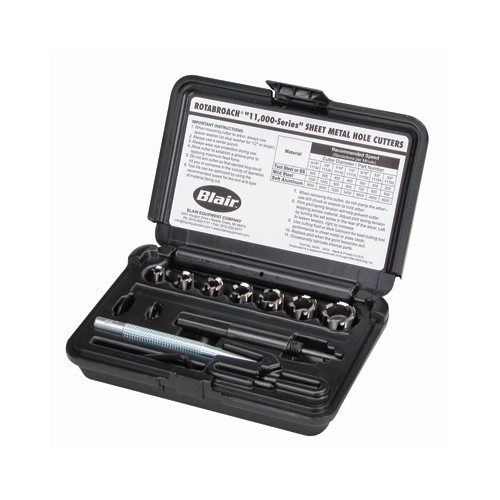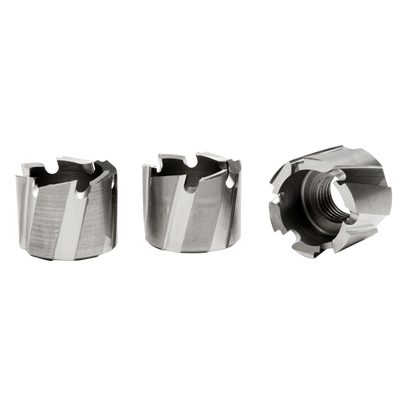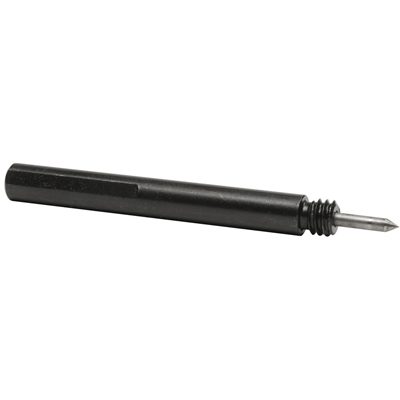Hole Cutter: Your Ultimate Guide to Finding the Perfect Tool
Hole cutters are essential tools for any car owner, body shop, or anyone in need of tools or supplies for auto repair and car detailing. In this article, we will explore the various types of hole cutters, their uses, the best brands available, and how to choose the perfect hole cutter for your needs. Let’s dive right in!
Types of Hole Cutters
A. Sheet Metal Hole Cutters
Sheet metal hole cutters are designed specifically for cutting precise, clean holes in sheet metal. These tools are ideal for automotive repairs, body shops, and car detailing tasks that involve working with metal surfaces.
B. Adjustable Hole Cutters
Adjustable hole cutters are versatile tools that can be adjusted to cut holes of varying sizes. These cutters are perfect for duct and sheet metal work, as they allow you to create custom-sized holes to suit your specific needs.
C. Spot Weld Cutters
Spot weld cutters are specialized hole cutters designed to remove spot welds from metal surfaces. These cutters are particularly useful for body shops and car owners looking to remove or repair damaged body panels.
Using Hole Cutters for Different Purposes
A. Automotive Repairs
Hole cutters are invaluable tools for automotive repairs, as they allow you to cut through sheet metal with ease. Whether you’re replacing a damaged body panel or installing aftermarket parts, a hole cutter will ensure a precise, clean cut every time.
B. Car Detailing
Car detailing often involves cutting holes in sheet metal for things like custom speaker installations or additional vents. With a high-quality hole cutter, you can achieve professional results with minimal effort.
C. Body Shops
Body shops rely on hole cutters to remove spot welds, cut through sheet metal, and make other necessary modifications to vehicle body panels. A reliable hole cutter is essential for efficient and accurate work in a body shop setting.
The Best Hole Cutter Brands
A. Blair Spot Weld Cutters
An engine timing locking tool kit typically comprises multiple tools to help you time your engine accurately. These kits often include camshaft locking tools, crankshaft locking tools, and tensioner locking pins.
How to Choose the Right Hole Cutter
A. Material Compatibility
When selecting a hole cutter, ensure that it is compatible with the type of material you will be working with. Some hole cutters are designed specifically for sheet metal, while others may work on a variety of materials.
B. Cutting Depth
Consider the cutting depth of the hole cutter, as this will determine how deep the tool can cut into the material. A deeper cutting depth is often necessary for thicker materials or more complex tasks.
C. Durability
Durability is a crucial factor to consider when choosing a hole cutter. Look for tools made from high-quality materials and featuring solid construction to ensure they can withstand heavy use and last for a long time.
D. Ease of Use
A hole cutter should be easy to use, even for those with limited experience. Look for tools with comfortable grips, easy-to-adjust settings, and clear instructions to ensure a hassle-free experience.
Where to Buy Hole Cutters
Hole cutters can be purchased from numerous sources, such as hardware stores, automotive supply shops, and online retailers like store.dealershopusa.com. When searching for the perfect hole cutter, keep in mind factors such as price, shipping costs, and return policies to make an informed decision. Shopping at a reputable online retailer like store.dealershopusa.com ensures a wide range of options and a seamless purchasing
Drill Bits and Hole Cutter Kits
In addition to standalone hole cutters, you can also purchase hole cutter kits that include multiple cutting tools, drill bits, and other accessories. These kits can be a convenient and cost-effective option for those looking to tackle a variety of projects.
Maintaining Your Hole Cutter
Proper maintenance is key to ensuring the longevity of your hole cutter. Keep your tool clean and free of debris, and regularly inspect it for signs of wear or damage. If needed, replace worn or damaged parts promptly to keep your hole cutter in optimal working condition.
Safety Tips
When using a hole cutter, always follow proper safety precautions to avoid injury. Wear appropriate protective gear, such as gloves and safety glasses, and ensure your work area is well-lit and free of hazards. Additionally, follow the manufacturer’s instructions for using and maintaining your hole cutter.
Conclusion
Hole cutters are essential tools for car owners, body shops, and those in need of supplies for auto repair and car detailing. By understanding the different types of hole cutters, their uses, and how to choose the right tool for your needs, you can ensure a smooth and efficient experience with your next project. Remember to prioritize durability, cutting depth, and ease of use when selecting your hole cutter, and always follow proper safety procedures when working with these tools.
FAQs
- Can I use a hole cutter on materials other than metal?
Some hole cutters are designed specifically for use on sheet metal, while others may be suitable for cutting through a variety of materials, such as wood or plastic. Always check the manufacturer’s guidelines to ensure your hole cutter is compatible with the material you plan to work with.
- How do I know what size hole cutter to use?
The size of the hole cutter you need will depend on the size of the hole you want to create. Measure the desired hole diameter and choose a hole cutter that matches or can be adjusted to that size.
- Do I need any special equipment to use a hole cutter?
In most cases, you will need a power drill to operate a hole cutter. Some hole cutters may also require additional accessories, such as pilot bits or arbors, so be sure to check the manufacturer’s guidelines for any specific requirements.
- How do I sharpen my hole cutter?
Sharpening a hole cutter may require specialized tools or techniques, depending on the type of cutter you have. Consult the manufacturer’s guidelines for specific sharpening instructions and follow them carefully to maintain the performance of your tool.
- What should I do if my hole cutter becomes jammed or stuck during use?
If your hole cutter becomes jammed or stuck, stop using the tool immediately and disconnect it from the power source. Carefully inspect the cutter and the material you are working with to determine the cause of the jam. Follow the manufacturer’s guidelines to resolve the issue and, if necessary, replace any damaged parts before resuming use.





Recent Comments